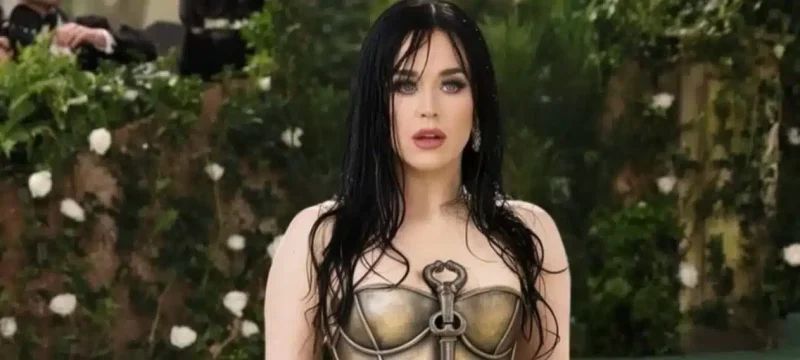Katy Perry recently revealed that even her own mother was fooled by AI-generated fake images she posted, depicting herself attending the Met Gala in New York. Despite not being physically present at the event, Perry shared two photos on Instagram showing herself on the famous steps of the Metropolitan Museum, dressed in elaborate outfits.
In the caption, Perry humorously stated that she couldn’t make it to the Met Gala because she had to work, but the images suggested otherwise. She even jokingly listed her location as “Metaverse,” a nod to the virtual reality concept.
Also Read: Katy Perry Testifies in Montecito Mansion Legal Battle
However, the illusion was convincing enough to deceive many online fans, including Perry’s mother, who messaged her expressing surprise at her attendance. Perry playfully informed her mother that the images were created using AI technology, cautioning her to beware of similar deceptive content.
This incident highlights the growing trend of celebrities and artists embracing AI technology to create digital replicas or alter their online presence. FKA Twigs, a British singer-songwriter, previously revealed that she had developed a deepfake version of herself, capable of mimicking her personality and voice in various languages. She expressed plans to utilize this AI version to manage her social media interactions while focusing on her artistic endeavors.
However, the proliferation of AI-generated content has also raised concerns, particularly regarding the creation of harmful or misleading images. In the past, fake pornographic images of celebrities, including Taylor Swift, have circulated online, prompting calls for more effective measures to identify and combat AI-generated content.
In response to these challenges, major internet platforms, including Meta (formerly Facebook), have pledged to deploy technologies to better detect and address AI-generated content, aiming to safeguard users from misinformation and potential harm.









